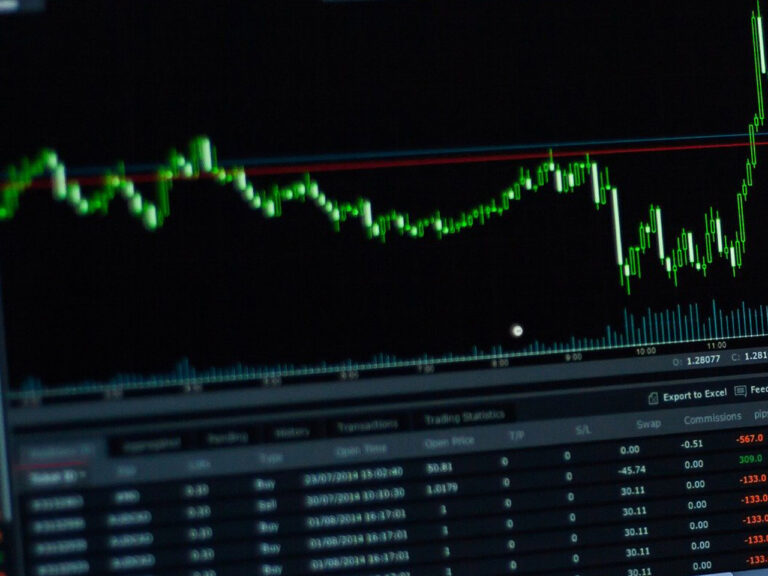Aviva plc (LSE: AV.L), a stalwart of the UK’s diversified insurance industry, continues to capture investor attention. With a market capitalisation of $16.25 billion, Aviva stands as a key player in the financial services sector, providing a range of insurance, retirement, and wealth products across the UK, Ireland, Canada, and beyond.
Currently, Aviva’s stock is trading at 610.8 GBp, marking the upper end of its 52-week range (453.10 – 610.80 GBp). Despite a negligible price change of 0.40 GBp, the stock’s performance has been noteworthy, reaching its peak in the last year.
One of the intriguing aspects of Aviva’s financial metrics is its forward P/E ratio of 1,068.06, an unusual figure for the industry which may suggest an expectation of significant future earnings growth or possibly a reflection of unique accounting treatments. However, traditional valuation metrics such as the PEG ratio, price/book, price/sales, and EV/EBITDA are unavailable, which might make it challenging for investors to comprehensively evaluate Aviva’s current valuation against its peers.
On the performance front, Aviva has maintained a steady revenue growth of 0.70%, supported by a Return on Equity of 7.74% and free cash flow amounting to £1.9 billion. While its Earnings Per Share stands at 0.23, the absence of net income data could imply a cautious approach to profitability analysis.
For income-focused investors, Aviva presents a compelling case with a robust dividend yield of 5.84%. However, a high payout ratio of 146.78% raises sustainability concerns, suggesting the company is currently distributing more in dividends than its earnings can support. This warrants a closer examination of the company’s cash flow and future earnings potential to determine the viability of its dividend policy in the long term.
Analyst sentiment towards Aviva is relatively positive, with 9 buy ratings and 3 hold ratings, and no sell recommendations. The stock’s target price range of 498.00 – 695.00 GBp, with an average target of 593.42 GBp, indicates a slight downside potential of -2.85%. This range suggests that while there may be limited immediate upside, the company’s strategic positioning and market strength could drive future gains.
Technically, Aviva’s stock is trading above both its 50-day and 200-day moving averages, at 555.24 GBp and 505.60 GBp respectively, indicating a positive trend. However, with a Relative Strength Index (RSI) of 38.79, the stock is hovering near the oversold territory, which could signal a buying opportunity if investors believe in the company’s longer-term growth prospects. The MACD (17.37) and Signal Line (14.45) further underscore a positive momentum.
Founded in 1696, Aviva’s long-standing presence in the insurance industry is a testament to its resilience and adaptability. The company leverages a broad network of insurance brokers and the MyAviva platform to market its diverse product offerings, from life insurance to investment management services. Such diversification not only mitigates risk but also positions Aviva to capitalise on various growth avenues in the financial services landscape.
As Aviva plc navigates the complexities of the global insurance market, investors will be watching closely to see how the company balances its growth ambitions with the need to maintain a sustainable dividend policy. With its rich history and strategic outlook, Aviva remains a compelling subject of interest for investors seeking exposure to the financial services sector.






































